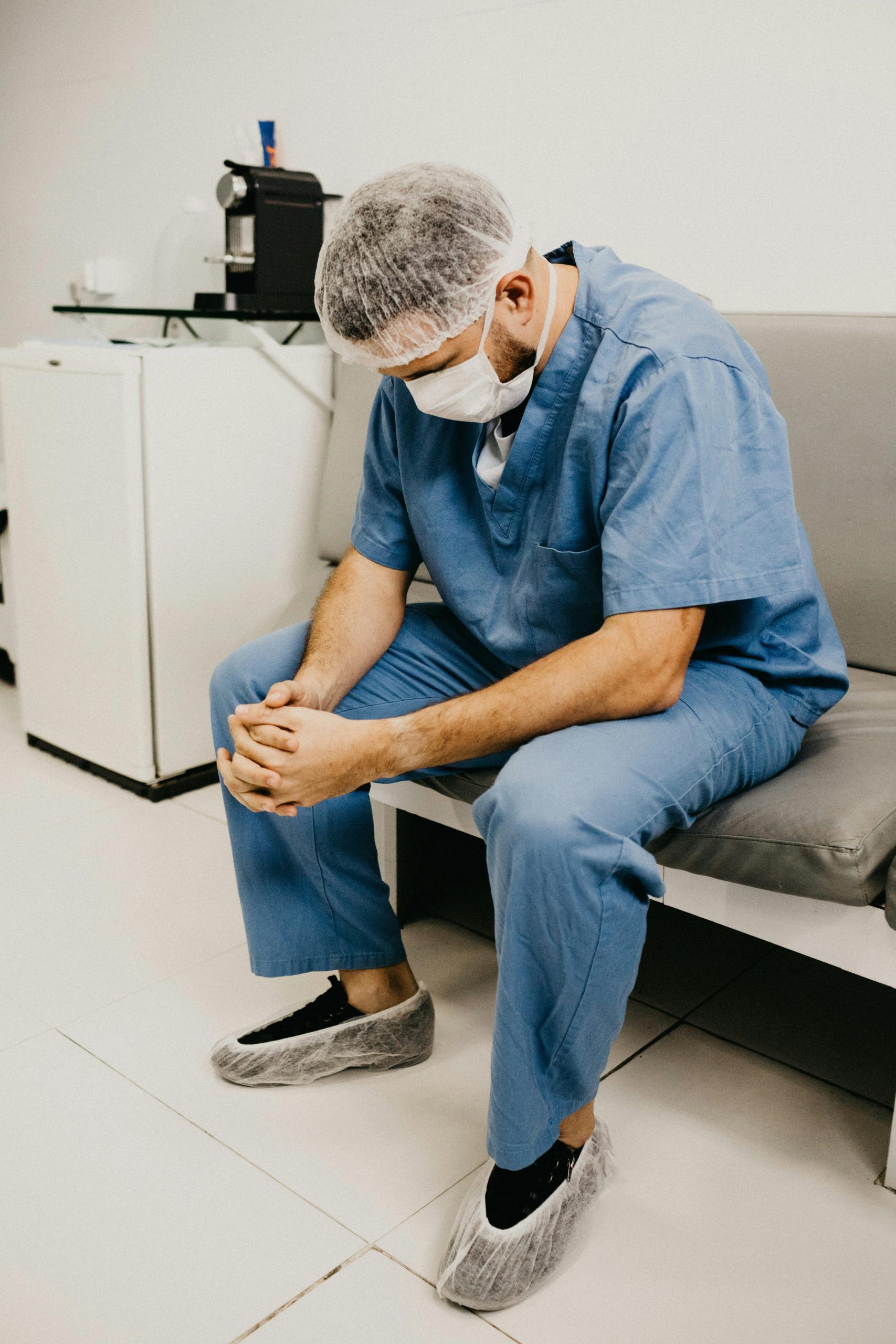 In a significant development for medical malpractice litigation in Louisiana, the Fourth Circuit Court of Appeal recently reversed a summary judgment, underscoring the importance of thorough fact-finding and the potential need for expert testimony in such cases. The case, Diana Deruise-Pierce v. University Healthcare System, L.C., et al., underscores the necessity of thorough fact-finding and the potential need for expert testimony in medical malpractice cases, even when negligence appears evident.
In a significant development for medical malpractice litigation in Louisiana, the Fourth Circuit Court of Appeal recently reversed a summary judgment, underscoring the importance of thorough fact-finding and the potential need for expert testimony in such cases. The case, Diana Deruise-Pierce v. University Healthcare System, L.C., et al., underscores the necessity of thorough fact-finding and the potential need for expert testimony in medical malpractice cases, even when negligence appears evident.
Case Overview:
The lawsuit stemmed from the treatment rendered to Mr. Pierce at University Medical Center in New Orleans. Mr. Pierce was admitted for a medical procedure, but his condition deteriorated overnight. Despite this, the medical team proceeded with the planned procedure.
Tragically, Mr. Pierce went into cardiac arrest during the procedure and passed away. His widow, Diana Deruise-Pierce, filed a medical malpractice lawsuit alleging that the healthcare providers breached the standard of care by transporting and leaving Mr. Pierce unattended in the hallway outside the radiology suite while he was in a severely deteriorated state.
Trial Court’s Ruling:
The trial court granted summary judgment in favor of the defendants, relying on the medical review panel’s opinion that no breach of the standard of care occurred. The court also emphasized the absence of independent medical expert testimony to support the plaintiff’s negligence claim.
Court of Appeal’s Decision:
The Court of Appeal reversed the summary judgment, highlighting the presence of genuine issues of material fact that precluded summary judgment. The court emphasized the ambiguity surrounding whether Mr. Pierce was left unattended and for how long.
Crucially, the court recognized that even without expert testimony, a breach of the standard of care could be established if the alleged negligence was so obvious that a layperson could infer it. The court also pointed to the deposition testimony of a fellow physician, Dr. Cooper, which suggested potential deviations from the standard of care.
While acknowledging the challenges in proving causation without expert testimony, the court stressed the need for further fact-finding to determine the circumstances surrounding Mr. Pierce’s death and whether the alleged negligence contributed to it.
This case underscores the critical importance of thorough investigation and fact-finding in medical malpractice cases. It highlights that even when negligence seems apparent, a detailed examination of the circumstances is necessary to establish a breach of the standard of care and its causal link to the patient’s injuries.
The decision also emphasizes the potential role of expert testimony in proving medical malpractice. Still, it acknowledges that negligence may be so evident that expert opinion is not required in some instances.
This case serves as a reminder that medical malpractice cases are complex and require careful consideration of all relevant facts and evidence. If you or a loved one has suffered harm due to potential medical negligence, it is crucial to consult with an experienced attorney to understand your legal rights and pursue appropriate action.
Written by Berniard Law Firm
Other Berniard Law Firm Blog Articles on Fact-Finding and Expert Witnesses: When Do I Need Expert Testimony for a Medical Malpractice Lawsuit? and Appeal Necessary in Car Accident Case Where District Court’s Finding of Fact Strays
 Insurance Dispute Lawyer Blog
Insurance Dispute Lawyer Blog

